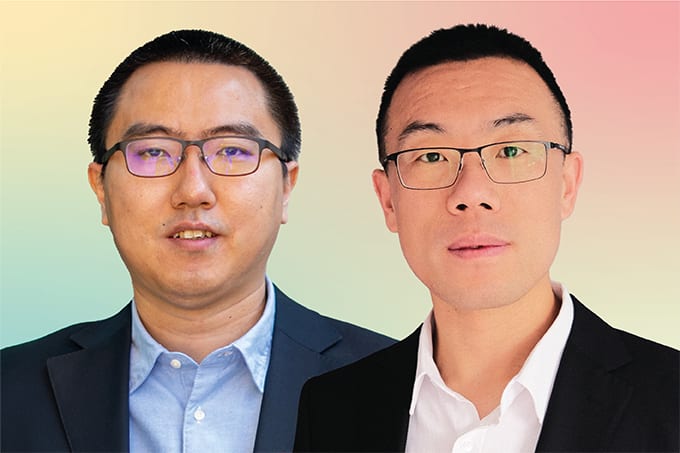The greenest method of analysis is one that solves an analytical problem properly but with zero, or minimal, deleterious effect on the environment and operators. Sustainability must take into consideration, perhaps in equal measures, the environment, economic factors and other potential benefits. If it is cheaper to perform green analytical chemistry then it is more likely to be accepted by the big players in industry. In short, a marriage of ethics and economics is the most likely route to sustainability.
All methods can be improved and in time, we should endeavor to make improvements across the board. But the place to start is with those disciplines that are high-risk, that consume large volumes of reagents and that generate a lot of waste – sample preparation and sampling are good examples. The greenest approach would be to obtain the data in-situ without the need of sample treatment at all, something that would probably also please a lot of analysts… However, this is not always practical. Measurement techniques should be considered alongside sample prep for potential improvements.
The crux of the greening issue is the need to reduce the impact of unsustainable side effects without reducing the capability of our methodologies. A green alternative that cannot maintain (or, even better, improve) the current accuracy level or if it reduces sensitivity to an undesired level, then it is simply the wrong strategy. Consider two focus areas for green analytical chemistry, namely automation and miniaturization. It is not evident that automation reduces sensitivity and, in many cases, it improves the selectivity. Miniaturization by its very nature can lead to decreased sensitivity (an area of research focus), but is acceptable in most cases. Automation and miniaturization are actually relatively easy (though initially expensive) tasks that can dramatically reduce the deleterious environmental side effects of commonly used methods.
The generation of waste products is unavoidable in most analysis and we must take as much responsibility for the waste that we generate as we do for the important data that we produce. I believe that the accumulation of waste for collection and external treatment is a mistake; instead, I advocate online decontamination of waste products by incorporating a final decontamination step into lab methods. For example, photo-catalysis can mineralize organic waste, and precipitation steps can passivate toxic metals and reduce the amount of waste. Thinking on a more creative level, one might consider alternative direct methodologies to obtain sample information; remote sensing or image analysis are examples that show potential. Advanced chemometrics is capable of enhancing and optimizing the information obtained using these alternative methods.
Some instrument vendors have begun to incorporate automated or mechanized systems for sample introduction, and these are often green. Other companies and research groups offer miniaturized systems or portable technologies. An example of this is the portable microwave system to extract essential oils that Farid Chemat and I have developed. Software developers can also join the party by increasing the amount of useful information obtained from (smaller) samples. As an added bonus, the development of simpler, cheaper and side effect-free methods will extend their use, particularly in developing countries. This is another reason that green methods of analysis will become increasingly important in the future. It is often said that, in the grand scheme of things, the scale of analytical chemistry’s impact on the environment is minor when compared with industrial processes. This does not absolve us of responsibility. On the contrary, since the goal of analytical science is to improve people’s lives, it is incumbent upon us to do so with the minimum environmental impact.
See "What will it take to clean up our act?" for a full discussion on the greening of analytical science.




